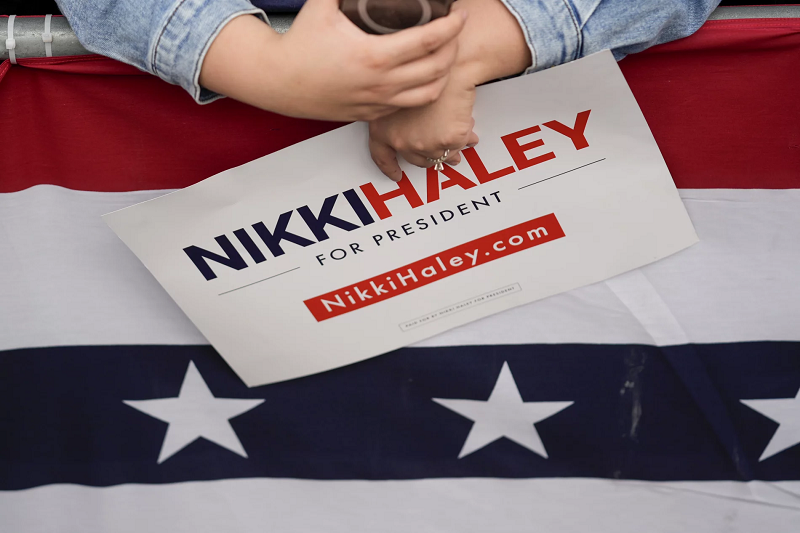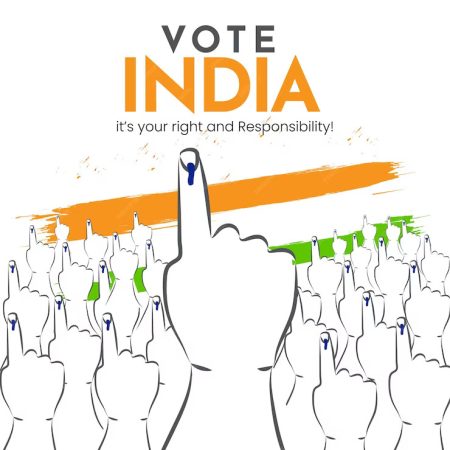
Earlier this year, David Wardlaw was frustrated when former President Trump criticized Nikki Haley, his then-rival, on his Truth Social account, warning that anyone supporting her campaign would be excluded from the MAGA camp. Wardlaw decided to donate to Haley’s campaign in response to Trump’s statement, expressing his discontent by saying that Trump needed their votes but was alienating them instead.
Wardlaw traveled from Georgia to South Carolina to attend a rally for Haley, accompanied by family members. Although he had voted for Trump in the previous two general elections, he was growing weary of Trump’s divisive behavior and hoped to support Haley in the upcoming election. Despite Trump’s rebuke, Wardlaw still intended to vote for him, though he wished Trump would filter his comments.
As the presidential race tightened, former Haley supporters like Wardlaw became a significant group of potential swing voters. Many of them participated in Republican primaries, even after Haley suspended her campaign in March. While some continued to seek an alternative to Trump or President Joe Biden, others resigned themselves to the Biden-Trump rematch.
Josie Schmidt, a Haley supporter from Richmond, Virginia, felt nearly hopeless about choosing between Trump and Biden. She had voted for Biden in 2020 but was reluctant to do so again due to dissatisfaction with some of his policies, such as student loan forgiveness. Schmidt, an independent, considered writing in Haley’s name if she wasn’t on the ballot, but recent events, including Trump’s conviction on felony charges in New York, made her lean towards voting for Biden to prevent a Trump victory.
Emily Roberson from Raleigh, North Carolina, believed Haley resonated with many Americans who felt excluded by both major parties. Roberson, an independent with conservative tendencies, considered abstaining from voting or writing in Haley’s name if faced with a Biden-Trump choice. Although she had previously voted for Trump, she grew tired of his behavior and was unhappy with Biden’s handling of the economy and immigration. Roberson saw Trump’s legal issues as distractions and was open to voting for him again if he chose Haley as his running mate.
A recent Emerson College poll indicated that former Haley supporters were more likely to back Biden in the general election by a 9-point margin. The Biden campaign aimed to win over these voters, who were dissatisfied with their candidate options. Austin Weatherford, the Biden campaign’s national Republican engagement director, noted that these voters were still upset about not getting their preferred candidate and emphasized the campaign’s efforts to convince them to support Biden.
Meanwhile, the Trump campaign hoped that Haley supporters would follow her lead, as Haley had announced her intention to vote for Trump. Trump expressed gratitude for Haley’s support, which his campaign hoped would influence her followers.









